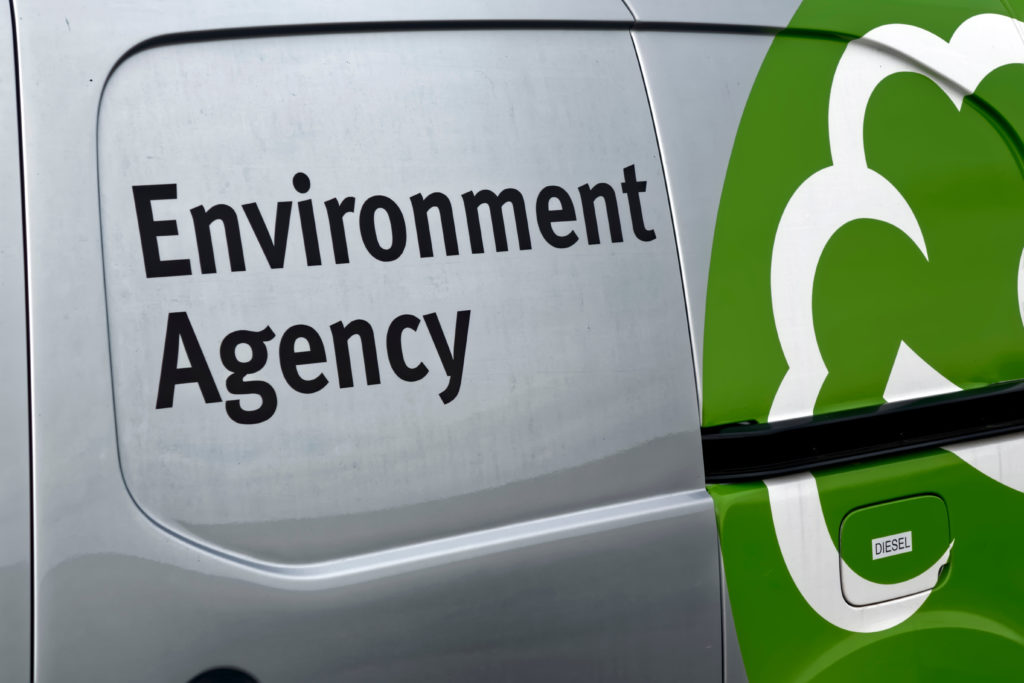OPINION: The Simpler Recycling deadline for businesses and non-residential properties is upon us, with local authorities and their domestic waste following just a year afterwards.
With less than a month until that first phase comes into play, waste management and recycling facilities are likely to see an influx in material coming through the door very soon, if they haven’t experienced it already.
Over this period of change, the anaerobic digestion industry could see an increase of up to 1 million tonnes in food waste being processed. This represents a significant potential reduction in food waste going to landfill or incineration, instead being converted into renewable energy.
By recycling this extra food waste through the process of anaerobic digestion, anaerobic digestion operators across the UK collectively have the potential to generate enough extra electricity to power over 168,000 homes for a year.
This is a huge step forward for anaerobic digestion facilities of all scales.
For smaller operators, immediate expansion may be on the cards to keep up with their procured waste, while larger operators will be working closer to capacity as tonnage increases. This means that small and large anaerobic digestion operators alike will need to be strategic about their procurement and process to ensure they can handle the increase.
At BioteCH₄ we have sites strategically placed across the east of England to cater for the area’s commercial and local authority waste, providing cost-effective solutions for large quantities of waste.
We’re hopeful that the Simpler Recycling Scheme aids increased capture rates and increased segregation over the years to come and continues to reduce the environmental strain that uncontrolled decomposing food waste creates.
The role of education in the Simpler Recycling Scheme
The Simpler Recycling scheme has great potential to ensure that everything is recycled correctly, and in a uniform way, across all locations. But we must work with the scheme to determine that outcome.
BioteCH₄ has committed to not only recycling food waste for numerous businesses and local authorities, but also to help educate business owners and residents to understand why food waste recycling is so important, and why aiming to reduce the amount of food you waste is even more pressing.
If we encourage the public to see food waste as a resource instead of rubbish from the beginning, then we have a much higher chance of securing long-term engagement. While we are delighted to receive new waste and generate more renewable energy, we are not at the top of the food waste hierarchy. We strongly encourage all other avenues to be explored before throwing food into the caddy at home, work or school.
Effective ways to educate the public
Education can be delivered in many forms, including:
- Social media awareness
- Print media – leaflets, posters, caddy stickers
- Webinars and workshops
The benefits of food waste recycling aren’t just experienced by the anaerobic digestion operators – they extend to everyone.
For businesses owners, food waste recycling improves processes, sustainability credentials, and waste management costs, while ensuring compliance. The Simpler Recycling Scheme becomes law as of March 31st and businesses could face fines and sanctions as a result of not following the guidance.
Businesses with over 10 employees that haven’t yet aligned with the scheme, must do so urgently. Food waste recycling isn’t just for food-related industries, it applies to all businesses, even those disposing of tea bags and banana skins from breaktimes. Even just one banana skin recycled can generate enough energy to charge a mobile phone, twice!
In addition to businesses and workplaces, all other non-residential properties and associations must recycle all their waste separately by the same date, including schools and hospitals. In just a year, local authorities will follow suit for domestic waste collections.
Preparing for change
Starting education on recycling now is key to ensure that employees and residents understand what they should recycle and how, ready for the new plans coming into place. This education can provide huge benefits to councils, ensuring higher participation levels and lower contamination levels while also helping residents become more conscious of their waste habits, ultimately saving money and reducing impact on the environment.
Some local authorities will have now secured contracts with anaerobic digestion operators for their food waste and are deep in preparations. Some councils may even begin their food waste recycling before the March 2026 deadline, either on a district trial basis or full-scale implementation.
For those yet to finalise contacts, key considerations include:
- Understanding what is required from a waste management provider, including social value and commitment to education.
- Ensuring contracts are cost-effective and sustainable, aligning with the Simpler Recycling Scheme’s goals of efficiency and accessibility.
Act now to ensure success
The deadline is fast approaching. Businesses and local authorities must act now to ensure compliance, and to ensure essential environmental change. With the right education and commitment, we can ensure food waste is viewed by all as a resource.
Want to hear more from BioteCH₄ about food waste? Hear them speak at the Letsrecycle.com Food Waste Conference in London on 6 March 2025. Buy tickets and find out more here.









Subscribe for free